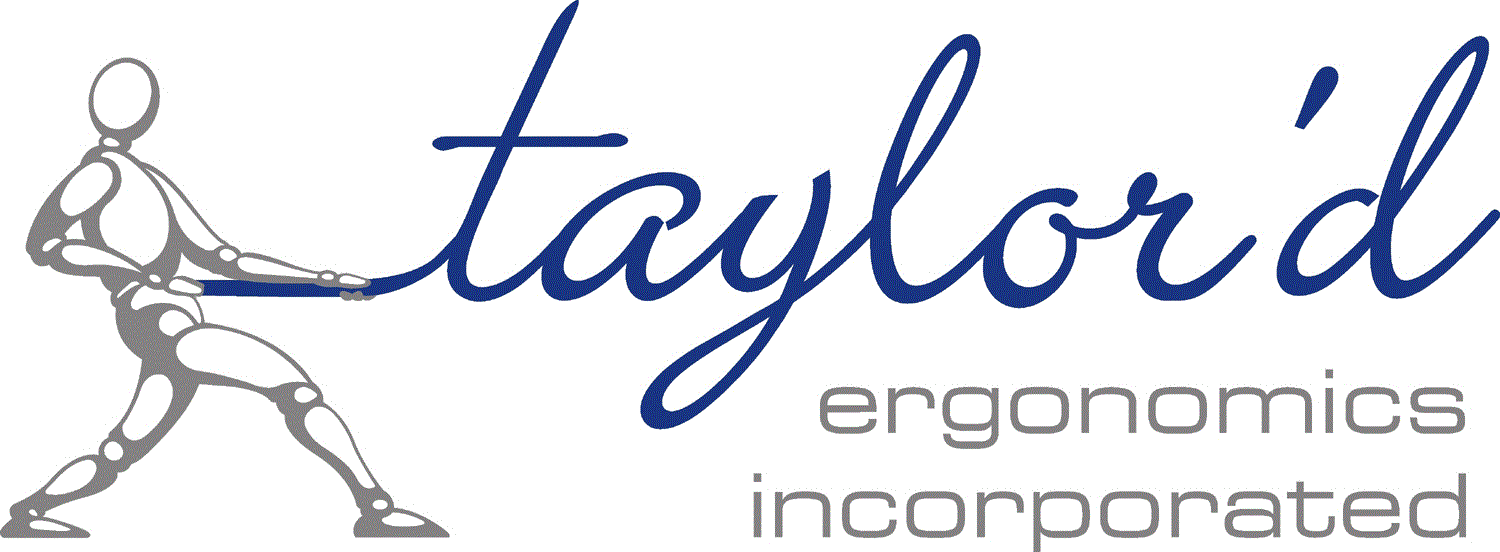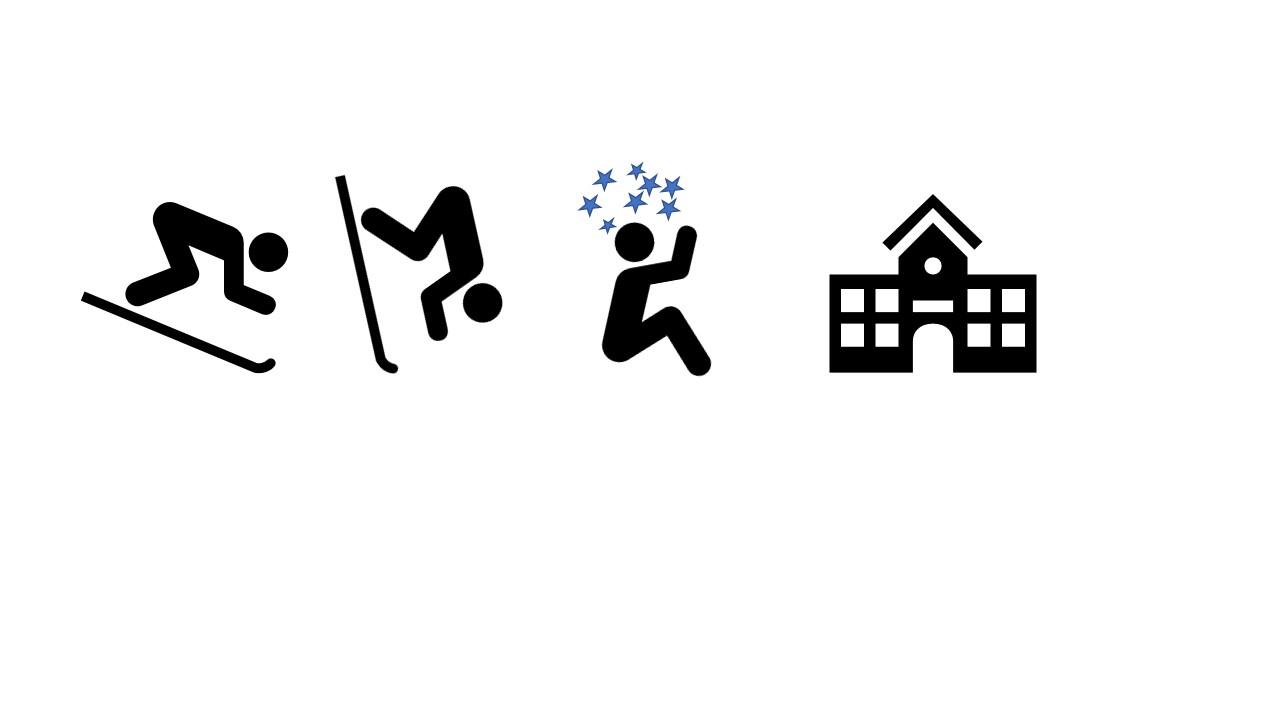Not sure why to do cognitive demands analyses (CDAs)? Here is a short story about how CDAs can be useful in the workplace.
Jane (not her real name) is a special education teacher who has acted as a consultant to her Board. She has experience in many different facets of education that most teachers don’t touch: reading recovery, autism, ESL, curriculum development. She voluntarily leads groups to help other teachers learn. She is also extremely physically active, participating in triathalons and ultra marathons. (In other words, Jane is a great teacher, and is very active outside work.)
Jane hits her head while snowboarding (wearing a helmet) and she sustains a concussion. She goes to work the following day with a headache, but realises that she can’t function properly, and she goes home. She’s off work for over a year, unable to walk faster than a turtle without causing her headache to escalate. She can’t tolerate noise or bright lights. She has trouble making decisions, and has a headache continuously. She wears ice on her head, literally all the time. I know all this because I know Jane personally. A lot is happening in the world of concussion treatment, and those first few hours after Jane’s concussion could have been handled better. If you’re interested, I encourage you to check out the new Canadian sport concussion management protocol.
It has now been over two years since Jane bopped her head. She is still only working half-time, although she desperately wants to work more. What could have helped?
Immediately prior to her injury, Jane had been assigned to an autism class, where she was a parent favourite, because the kids loved her and they were making remarkable progress. Unfortunately, flying objects, loud noises, distractions, multi-tasking, and emotional situations were typical in that environment. When the injury first happened, Jane was obviously not able to work in any capacity, but clearly not in the autism room. She couldn’t look at a screen, read a book, or even sit in a well-lit room.
Miraculously, her brain has healed to a point where she can be productive, but her employer is having trouble accommodating her. She can do parts of her pre-injury job, but not all of it. However, Jane has so many other useful skills and experiences! A CDA should help to identify these tasks and others that might be made suitable, and to rule out those that would not be suitable.
When we do a cognitive demands analysis (CDA), we consider the cognitive demands of each essential duty separately, and we document “typical” and “peak” demands as well. For example, reading recovery involves working one-on-one with a 7-year-old child. These are the children who, for whatever reason, have fallen way behind. Reading recovery brings these children back up to an appropriate reading level, and Jane had an excellent success rate in this job. The cognitive demands of reading recovery require lower requirements for memory, multi-tasking, concentration, distractions, and time pressure. Because it occurs one-on-one in a small room, this job allows accommodation for light and noise limits.
Many of our clients and workshop participants are trying to integrate cognitive demands into their PDAs, so they will be better able to return injured employees to productive work. We can help, either by doing the PDA/CDAs for you, or training you to do them yourself. We’ve trained hundreds of people to do PDAs.
Our PDA/CDA workshop is running on May 2-3, and we have a few spaces available. We’re offering two new options:
- Refresher training: If you’ve participated in this course before, you’ll benefit from a refresher of the physical demands, and you can learn about the cognitive demands. We’re offering a 25% discount for refresher participants.
- An electronic fillable form: By popular demand, we’re offering an electronic version of our PDA/CDA form. It will be customised with your company name or logo, and the licence will apply specifically to the workshop participant. Your PDA/CDA will look professional, and you’ll save many, many hours of formatting by adopting our template.
If either of these options are of interest, click here for a registration form. (The options above are not yet available through our online registration.)


